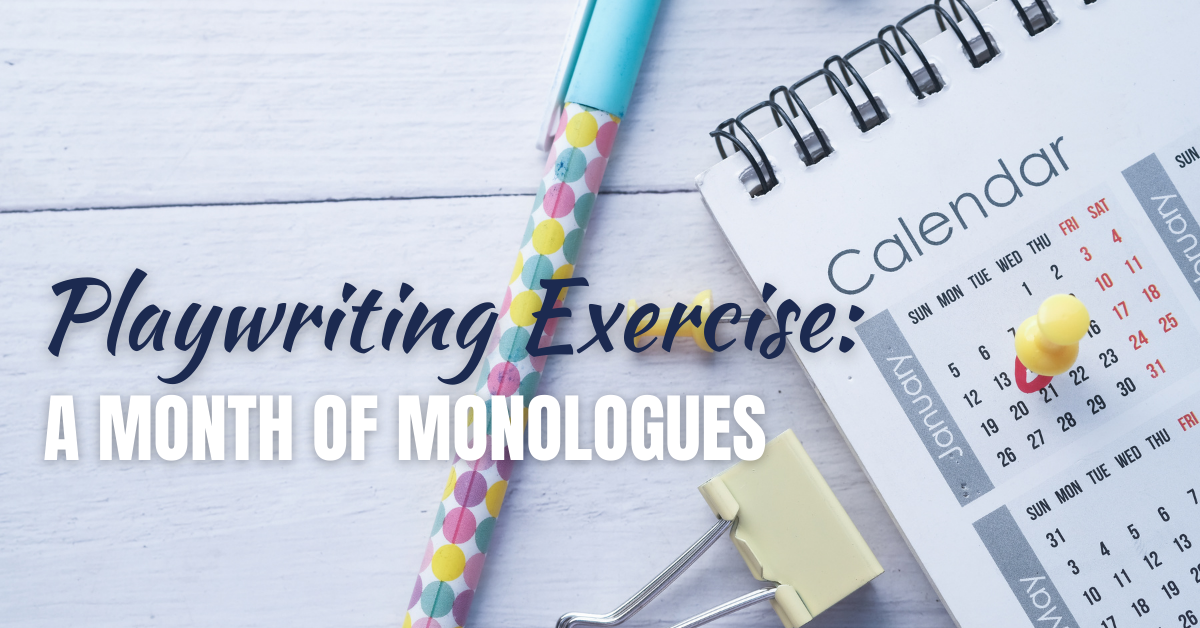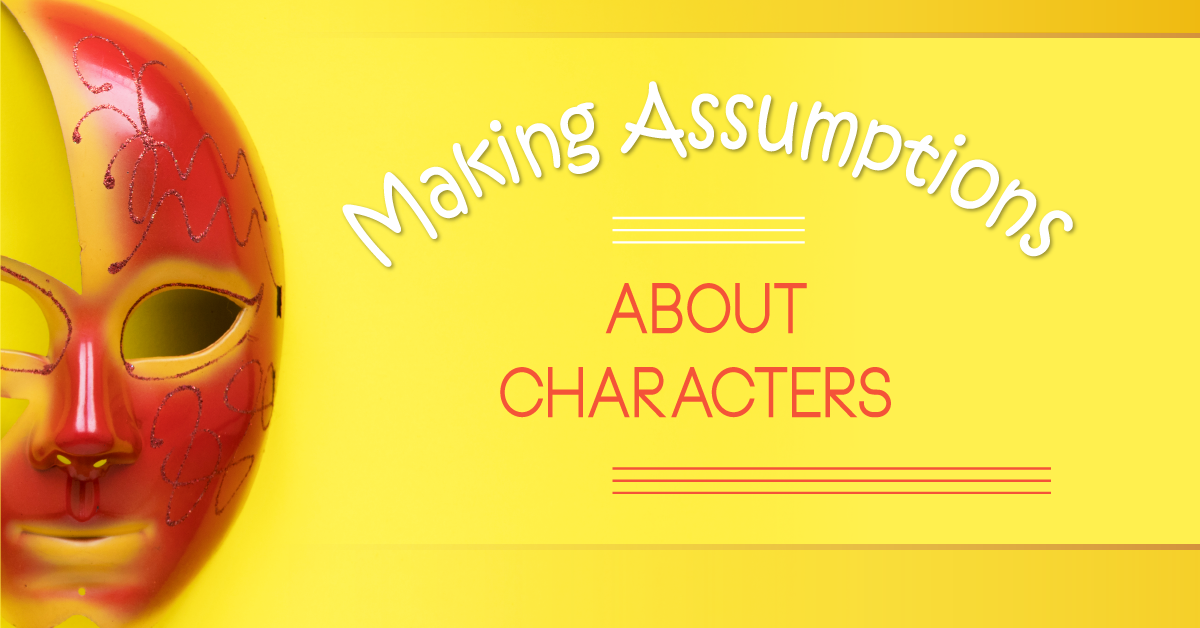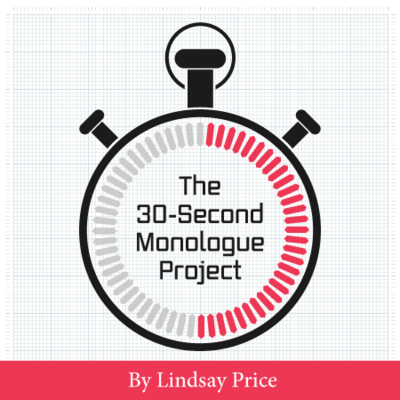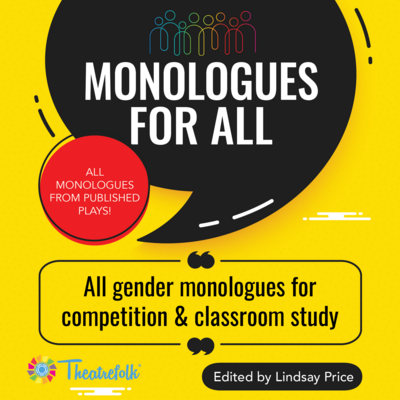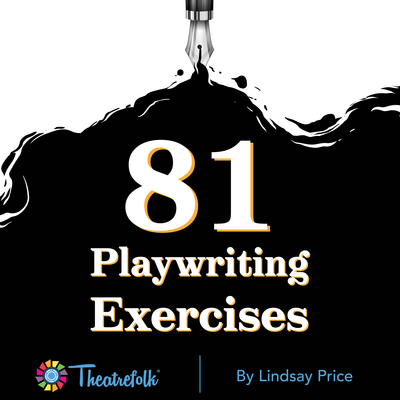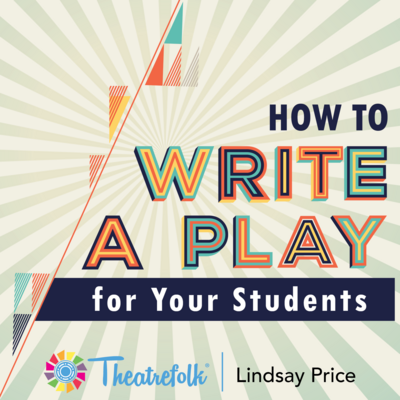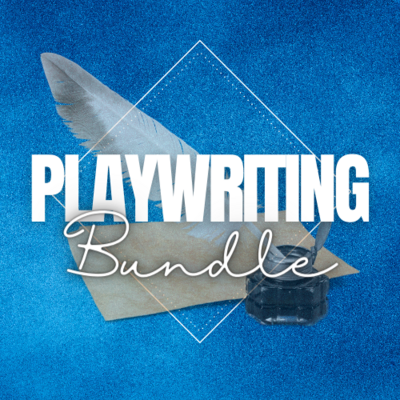There exists in everyone the potential for good or evil. Laramie Dean's adaptation of Dracula asks the question: How much would it take to bring out the darkness inside of you?
Writing Your Research: A Cross-Curricular Exercise
Cross-curricular projects are awesome in theory, especially in the drama classroom. They are a great way to demonstrate comprehension by taking information in one form and applying it to another.
Such projects don’t always work in practice. Information does not always translate well into theatre. It’s not dramatic to have characters recite facts and statistics in a stiff way. “Oh dear brother, this is 1941. We would never wear such stockings. There’s a war on, you know!” No one talks this way. It takes work and skill to turn information into a play.
Bottom line, the final product is a piece of theatre – be it a monologue, a scene, or a full play. The final product is not a textbook or an informational brochure. However you approach the work, theatre has to come first.
How do you do this?
Here’s how you can ease the transition from information to drama.
Focus on Character
Find the characters at the heart of your topic. Determine how they feel. Audiences don’t connect to buildings, locations, facts, or events. But a natural connection emerges when a character is having an emotional reaction. An audience doesn’t have to live through or experience the topic personally to connect to a character’s emotions.
Don’t get Overwhelmed by Research
It is so easy to become overwhelmed by the amount of information surrounding a topic.You know all these details and want to include as much as possible because you think you’re doing the topic a disservice otherwise.
Sometimes it’s better to put research to the side and let the facts come to the surface as they may. Particularly during the writing process. Don’t worry if you get things wrong initially, that’s what rewrites are for. Read the information, digest it, and then put it to the side while you write. This way you have a better chance of keeping the focus on the play rather than the research.
Show, Don’t Tell Your Story
That is the number one rule of playwriting. Show don’t tell. We don’t want to hear about the great fire of 1939, you have to find a way to show the fire. We don’t want to hear a narrator telling us something, we want to see a character reacting to a situation. Create images with your information. Audiences do not connect with facts and events, audiences connect to characters within those facts and events.
Exercise
Use this practice exercise to get students accustomed to focusing on character and leaving facts to the side.
Materials needed
- Omaha Beach Info Sheet (download the sheet below!)
- Pen/Paper
Instructions
- Hand out the info sheet on the WWII D-Day Invasion at Omaha Beach.
- Direct students they have one minute to study the sheet.
- At the one minute mark, direct students to turn the sheet over. They are not going to refer to the sheet while they write.
- Direct students that they will write a monologue inspired by Omaha Beach.
- At the top of the page direct students to write down the following:
- The character in the monologue
- Who is character talking to?
- The location.
- Students write the monologue. Remind them they can’t refer back to the sheet, and they’re just to let whatever information they remember come out in the writing. Also remind students to focus on bringing the character and the character’s emotions to life.
- Students share their monologues.
Related Articles
The 30-Second Monologue Project
by Lindsay Price
Give students the confidence, skills and tools they need to master the monologue with The 30-Second Monologue Project. This four-lesson unit guides students from the first moment to a successful performance.
Monologues for All
by Lindsay Price
Many monologue books have monologues with only male- or female-identified characters. This resource allows students to infer the identity of the character.
81 Playwriting Exercises
by Lindsay Price
81 exercises that can be used to get students in the habit of writing on a regular basis.
How to Write a Play for your Students
by Lindsay Price
You’ve chosen to write a play for your students! Where do you start?
Resource Bundle - Playwriting
Use these 4 Playwriting drama teaching resources to make playwriting possible with your students. Great for warm-ups, prompts, writer's block and more!

